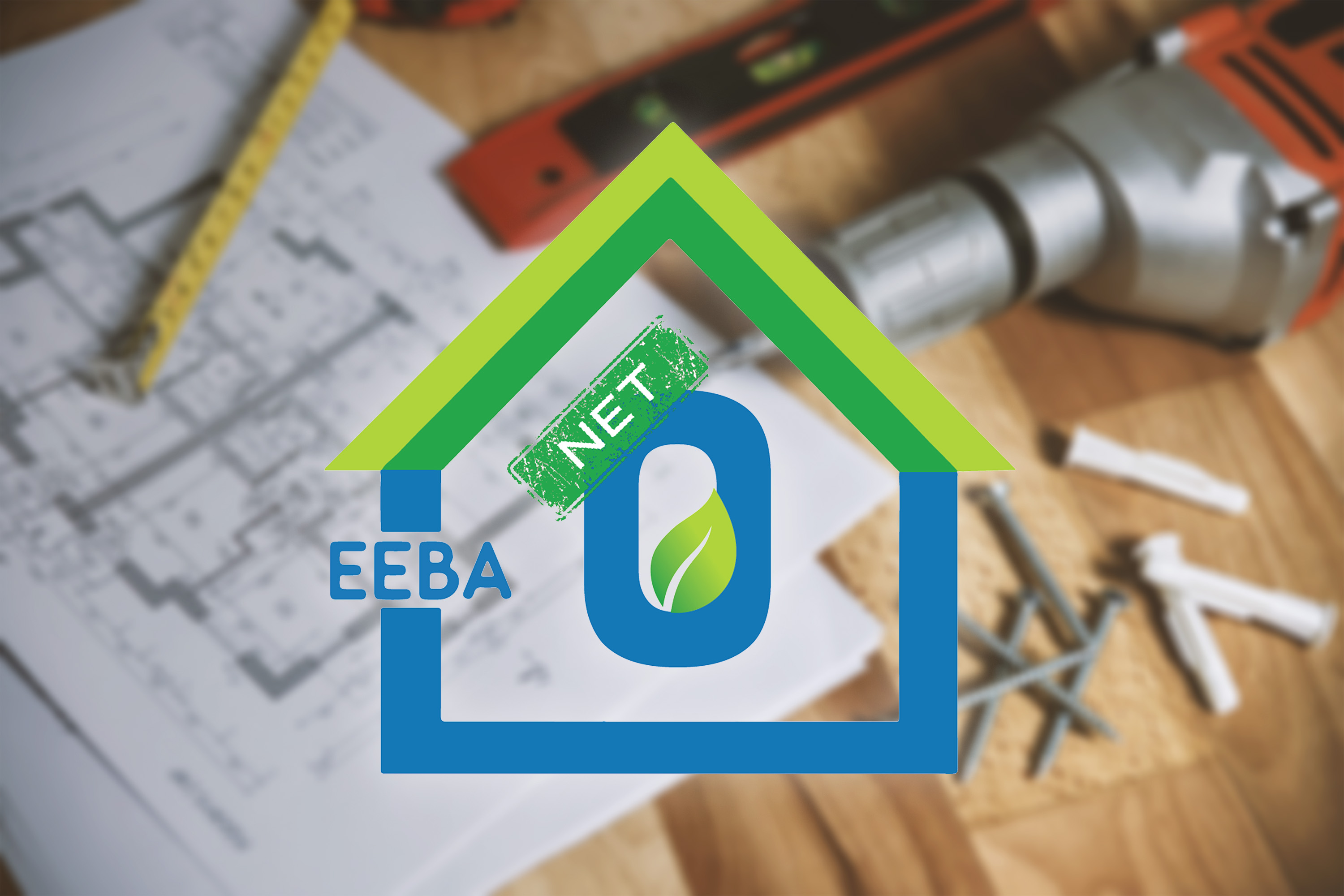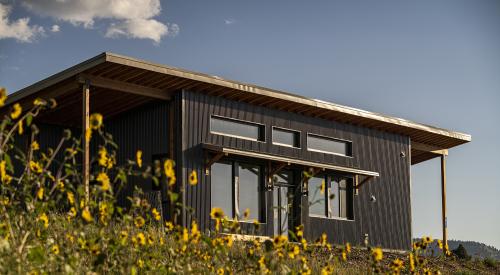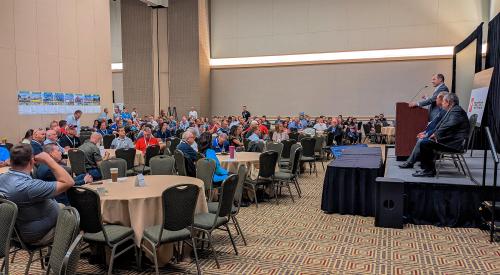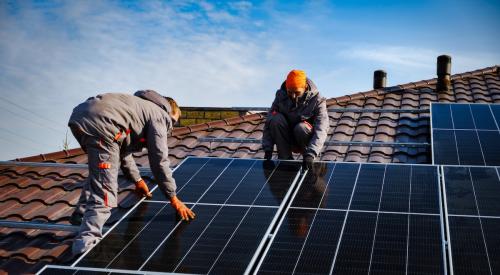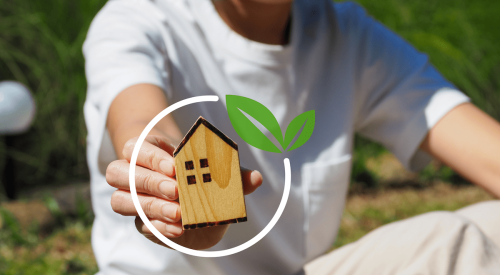The Energy & Environmental Building Alliance (EEBA) Academy has released a new training course for those interested in pursuing a Net Zero Carbon Building Professional Designation. This designation will cover the compelling trends in codes, standards, and voluntary programs that will drive interest and future requirements for accounting of both the operational and embodied carbon of the materials and processes used in building new homes.
Participants will learn the essentials of the latest carbon accounting tools and how they can be used to help design homes by selecting materials and methods that optimize the carbon implications of the building over the next 20 to 30 years.
Case studies will be reviewed for different climate zones and house styles to demonstrate the impact that cost-effective and low-carbon decisions can have. These lessons could also be applied to major renovation projects as well.
Net Zero Carbon Designation Goals
The importance behind achieving net zero is obvious. According to the United Nations intergovernmental panel on climate change's 2018 report, the built environment accounts for 40% of Green House Gas (GHG) emissions and to stay within 1.5°C warming GHGs need to be cut 45% by 2030, compared with 2010 levels, and reach net zero emissions by 2050. Without decisive action, building materials used in new construction in cities across the globe will generate 100 gigatons of embodied carbon by 2050.
The objective of this designation is to empower designers, builders, and building industry supply partners, to make practical and low-cost choices that reduce the overall carbon footprint of new home construction.
Upon the completion of the designation, participants will:
- Understand embodied and operational carbon and their significance in the decisions the construction industry makes in high performance homes;
- Learn to evaluate and decide which carbon accounting tool they want to use;
- Be familiar with the carbon footprint of common building materials as part of the decision matrix for choosing products that improve the health, safety, comfort, durability, energy efficiency and sustainability of homes;
- Develop short and long term goals to reduce carbon emissions in a cost effective manner.
Those interested in joining the EEBA Academy and taking the course, to obtain the designation, can go to www.eeba.org/designations/net-zero-carbon. EEBA invites all Zero Energy builders, designers, architects, developers, and owners to join and continue learning and sharing information. For questions regarding the EEBA Academy or other media inquiries, contact gabrielle@eeba.org


